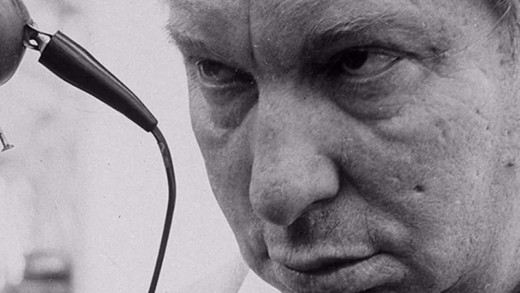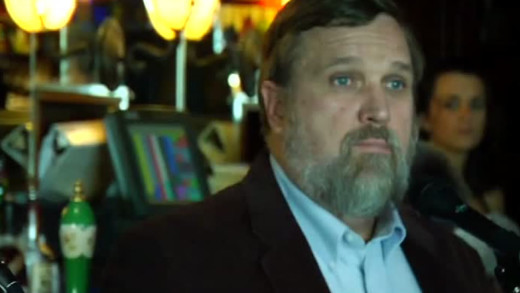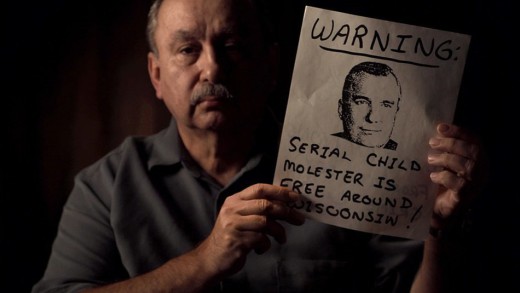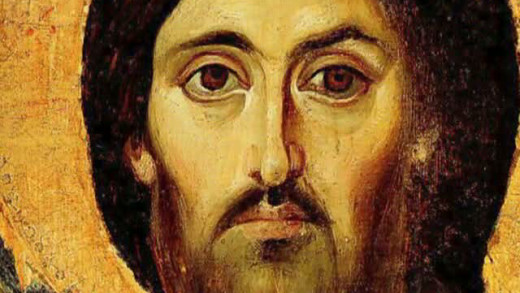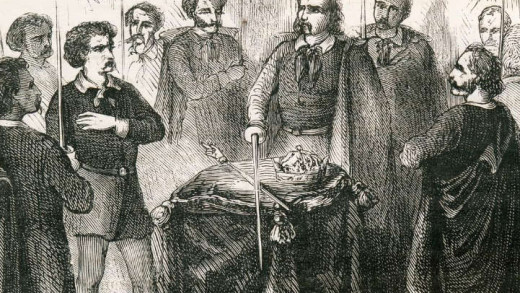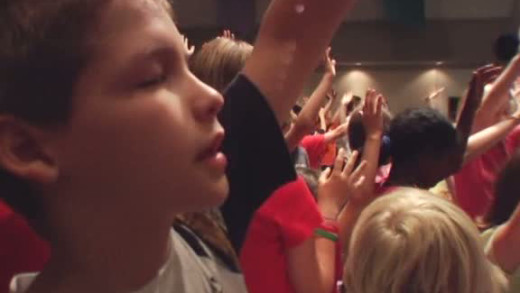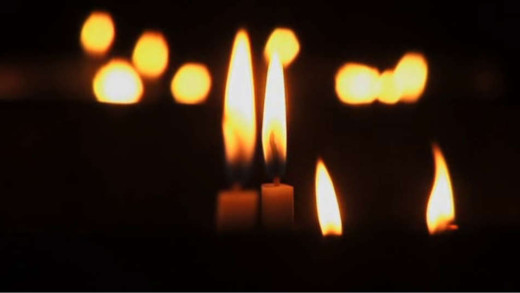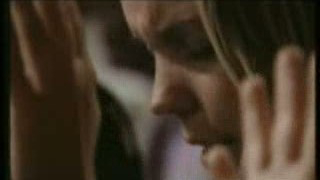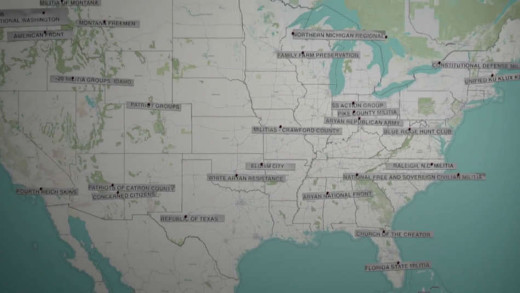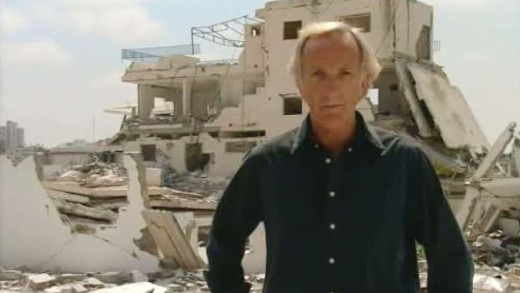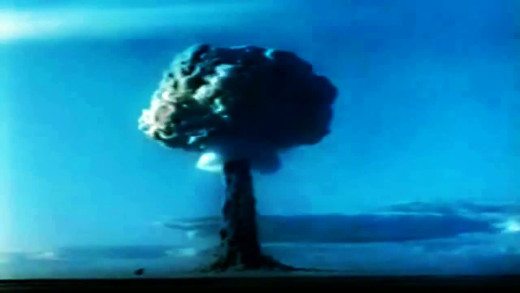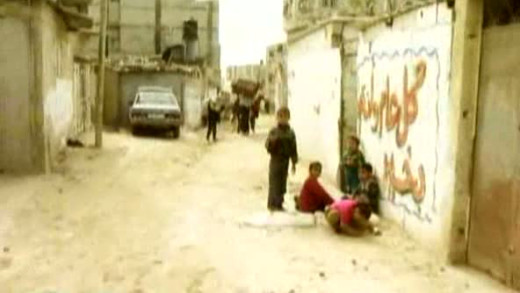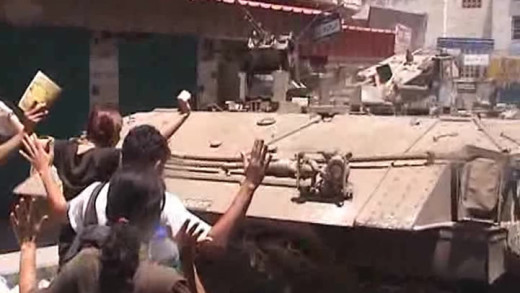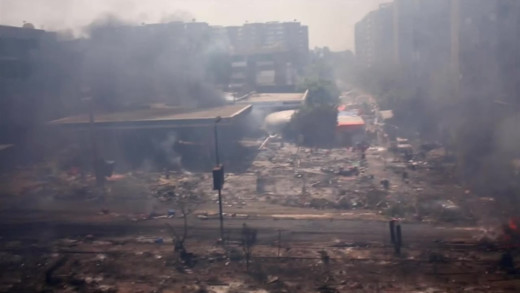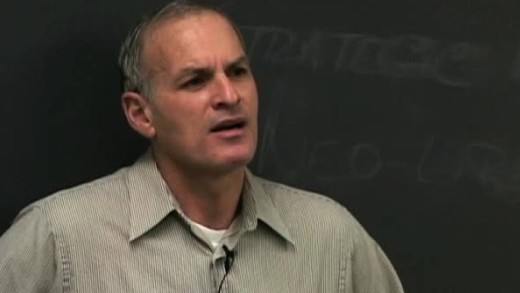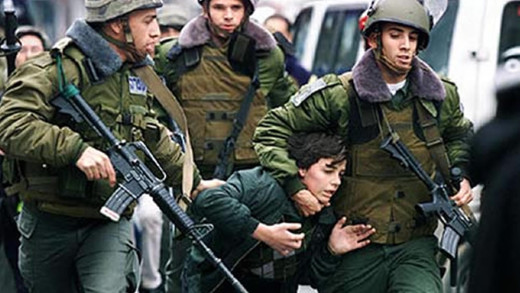Going Clear: Scientology and the Prison of Belief profiles eight former-members of the cult of Scientology, leading to a series of revelations of the history of systematic abuse, manipulation, and betrayal in the organisation by Scientology officials and celebrity figures. The film highlights the origins of Scientology, from its roots in the mind of founder L. Ron Hubbard and successor David Miscavige, to its rise in popularity in Hollywood and beyond. The result is a record of great harm, paranoia, abuse, the vast accumulation of wealth, and a lust for power and control.
Renowned political journalist and best-selling author Christopher Hitchens is pitted against fellow author, theologian, and evangelical Christian Douglas Wilson, as they go on the road to exchange debate over the question: Is Christianity Good for the World? The two theologians argue, confide and even laugh together as they journey through three cities presenting the debate. This film documents the journey, bringing the sharp points together to provide a critical analysis of religion and its perpetuation.
Mea Maxima Culpa: Silence in the House of God examines the systemic abuse of children in the Catholic Church told through the story of four deaf men who set out to expose the priest who abused them during the mid-1960s. Each of the men brought forth the first known case of public protest against clerical sex abuse, which later lead to the sex scandal case known as the Lawrence Murphy case. Through their case, the film follows a cover-up that winds its way from the row houses of Milwaukee, Wisconsin, through to Ireland's churches, and all the way to the highest office of the Vatican.
Filmmaker Brian Flemming documents his journey exploring Christianity by questioning the existence of Jesus, examining evidence that supports the Myth of a Christ against the existence of a historical Jesus, as well as examining other aspects of the religion such as the questions of ethics of indoctrinating children in schools at a young age with the fear of god and other principles of faith instilled in them institutionally.
The Secret Rulers of the World details journalist Jon Ronson's encounters with key conspiracy theory figures throughout the United States during the early 2000s. The 5 part series is an accompaniment to Ronson's book Them: Adventures with Extremists which profiles ideologues on the fringe of the political, religious, and sociological spectrum. The series is a rare look at figures who have since gone on to become renowned figures in conspiracy theory circles, before their bigger rises to fame after the September 11th attacks, expanding on their already well-espoused occult theories from throughout the 1990s. The series also provides background on some of the theories that have since entered pop culture and how they originated from connections to neo-nazis, right-wing militia groups, and fundamentalist Christians. Examples being the theory of the New World Order, and various other apocalyptic millenarian scenarios which are influencing escalating lone-wolf terrorism, and the rise to power of authoritarian ultra-nationalist demagogues. The series provides this insight, examining some of the key figures and how they come to believe their theories and perceive the world.
Jesus Camp follows several young children as they prepare to attend an event called 'Kids on Fire,' a Christian summer camp run by Becky Fischer. Through interviews with Fisher, the children, and others, Jesus Camp illustrates the unswerving belief of the faithful—a housewife and home-schooling mother tells her son that creationism has all the answers; footage from inside the camp shows young children weeping and wailing as they promise to stop their sinning; child after child is driven to tears. These scenes are contrasted with clips from another Christian radio host who is appalled by such happenings. Are these children being brainwashed?
This film explores the life of Irish Catholic priest Oliver O'Grady, who admitted to having molested and raped approximately 25 children in Northern California from the late 1970s through the early 1990s. The film chronicles O'Grady's years as a priest in Northern California, where he committed his crimes. After being convicted of child molestation in 1993 and serving seven years in prison, he was deported to his native Ireland, where filmmaker Amy Berg interviewed him in 2005. The film presents trial documents, videotaped depositions with O'Grady and other members of the Los Angeles religious authorities, alongside interviews with survivors of O'Grady's abuse, activists, theologians, psychologists, and lawyers. Taken together, the material suggests that Church officials were aware of O'Grady's crimes many years before his conviction, but took steps to conceal them to protect him and the Church.
Benny Hinn may be the most popular personality in the Christian world today. Thousands pack arenas to see him 'heal' the sick and the afflicted. Tens of thousands more watch his daily television program. Millions of dollars are donated every year to his ministry, none of which he says goes to him personally. But, what about those miracles? And where does all that money go?
On April 19, 1995, Timothy McVeigh, a former soldier deeply influenced by the literature and ideas of the radical right, parked a truck with a five-ton fertiliser bomb in front of the Alfred P. Murrah Federal building in Oklahoma City. Moments later, 168 people were killed and 675 were injured in the blast. Oklahoma City traces the events that led McVeigh to that day from the perspective of the survivors, first-responders, investigators, and journalists who covered the events. The film provides an exploration of the convergence of various conservative religious movements and white supremacist militias that rose to prominence in the early 1990s, and were catalysed by the actions of government during that time.
John Pilger returns to the Occupied Territories of the West Bank and Gaza where, in 1974, he filmed a documentary with the same title -- Palestine Is Still The Issue -- a film about the same issues, a nation of people, the Palestinians, forced off their land and subjected to military occupation by Israel. Pilger hears extraordinary stories from Palestinians, though most of his interviews are with Israelis whose voices are seldom heard, including the remarkable witness of a man who lost his daughter in a suicide bombing. But for Palestinians, the overriding, routine terror, day after day, has been the ruthless control of almost every aspect of their lives, as if they live in an open prison. This film is about the Palestinians and a group of courageous Israelis united in the fight to be free...
The myth that humans are superior to all other life forms is a fundamental and unquestioned premise of dominant culture. It is an old historical idea, rooted in colonialism, and is deeply embedded in religion and science. It is one of the root causes for the destruction of the natural world, animal cruelty, war, the extinction of species and other immense problems. The Superior Human? challenges this arrogant and self-destructive ideology; unwinds the myths, using examples and common sense.
Occupation 101: Voice of the Silenced Majority details life in the West Bank and Gaza Strip under Israeli military occupation. Examining events from the rise of Zionism to the Second Intifada and Israel's unilateral disengagement plan, as well as the role of the United States in the occuption, this film gives voice to many American and Israeli scholars, religious leaders, humanitarian workers, and NGO representatives—more than half of whom are Jewish—who are critical of the injustices and human rights abuses stemming from Israeli policy in the West Bank, East Jerusalem, and Gaza.
What drives a young Westerner to volunteer as a peace activist in the Middle East? Visit Palestine follows Caiomhe Butterly—a young woman from Dublin, Ireland; who is one of a growing number of volunteers who risk their own lives to intervene in the long-running and bloody conflict of the occupation of Palestine. Activists such as Butterly are usually stereotyped as lunatics, meddlers or saints. This film offers a first-hand insight into a brave, honest, determined yet self-critical woman who takes direct action to the limit, with no quest for glory. The film also serves as a real conduit into the everyday lives of Palestinians, fighting for their lives...
Less than three years after a popular uprising that led to President Hosni Mubarak's ousting, and just one year after Egypt's first elections, the elected government has been overthrown and the Egyptian military is running the state. And the Muslim Brotherhood—the secretive, long-outlawed Islamist group that came out of the shadows to win the presidency in June 2012—is once again being 'driven underground.' Were the Brothers ever really in charge? Or was the Egyptian deep state—the embedded remnants of Mubarak's police force, Supreme Court and, most of all, military—in control all along? In Egypt in Crisis, we go inside the Egyptian revolution, tracing how what began as a youth movement to topple a dictator evolved into an opportunity for the Muslim Brotherhood to seemingly find the political foothold it had sought for decades—and then why it all fell apart. With Egypt's hopes for democracy in tatters, and the military-led government violently cracking down, what will happen next?
American Radical is a film about the life of academic Norman Finkelstein, a son of Holocaust survivors and ardent critic of Israel. Called a lunatic and self-hating Jew by some, and an inspirational figure by others, American Radical also serves to explore the issues at the centre of Palestine and Israel as Finkelstein travels around the world negotiating a voice of realism among impassioned critics and Israeli supporters. Uncompromising, even in the face of a denial of tenure at DePaul University, Finkelstein is revealed as a rare academic figure who puts the pursuit of justice above the security of his career, to expose the brutal reality of the occupation of Palestine.
By providing a striking comparison of U.S. and international media coverage of the crisis in the Middle East, Peace, Propaganda and The Promised Land zeros in on how structural distortions in U.S. media coverage have reinforced false perceptions of the Israeli-Palestinian conflict and how, through the use of language, framing and the context of the Israeli occupation of the West Bank and Gaza remains hidden in the news media...
